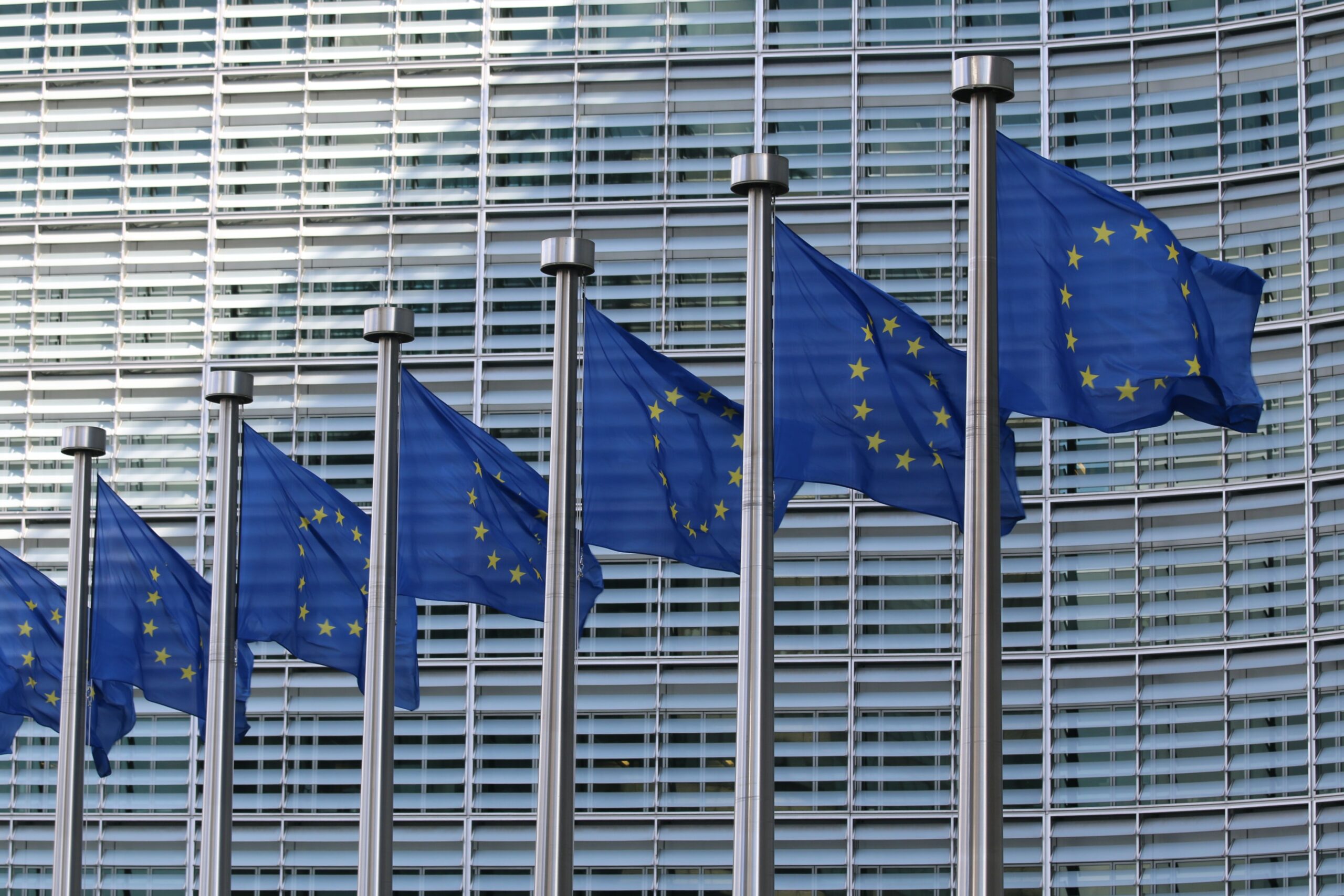As the European Commission prepares to set out plans for EU business and human rights law, Rocio Domingo Ramos – Anti-Slavery International’s business and human rights policy and research officer – explains how a new report sets out what we hope to see.

The European Commission will soon publish a proposal for an EU business and human rights law that would require companies operating in the EU to prevent and address human rights abuses and environmental damage in their global supply chains. This commitment to mandatory human rights and environmental due diligence could help tackle forced labour and child labour in supply chains around the world.
On 28 June 2021, we published new research, undertaken by the Rights Lab, University of Nottingham, to understand how the upcoming EU business and human rights law could affect workers’ human rights through two case studies: the leather industry in India, and the coffee industry in Brazil.
Goods tainted with forced labour entering EU supply chains
- India is the world’s second largest producer of leather goods, garments and footwear after China, employing more than 2.5 million people and exporting more than 90% of the footwear to the EU.
- Brazil is the world’s largest producer and exporter of coffee. It is the main supplier to Europe, accounting for 27% of all EU coffee imports.
As in other sectors and countries across the globe, exploitative labour practices in India and Brazil disproportionately affect people who are poor and marginalised, including migrant and home-based workers and workers considered lower-caste. These people face challenges including discrimination, poverty and fewer employment opportunities, which can leave them relying on exploitative labour relations. Workers generally face limits on their freedom of association, and weak trade unions and the risk of reprisals prevent workers from accessing and securing their rights.
‘We started work at 5.30am, walked more than 5km to the coffee field and continued non-stop until after 6pm every day, except for a few Sundays when the farmer allowed us to rest. The sleeping facilities were built to be a home for animals, not humans. The gate was always locked with a dog preventing us from escaping. The farmers and their gatekeepers were constantly humiliating us.’
Rescued workers from the south of Minas Gerais, Brazil, describing the reality of their routine
Brazil and India show varied examples of how producer countries are failing to respect human rights. Even where laws exist, poor enforcement is increasing workers’ and marginalised people’s vulnerability to corporate exploitation and abuse. All of this shows how important it is for the EU to guarantee the highest human rights standards in all the products that we buy and services that we use.
The implications of a new EU law
The proposed EU business and human rights law has great potential to tackle abuses in supply chains across the world, if designed, enforced and implemented properly. Over the years, we have seen how voluntary measures adopted by companies have failed to protect those more vulnerable to exploitation. We therefore need a strong law to convert existing ‘soft’ measures into binding legislation, and open up more ways for workers to know and secure their rights and seek justice when abuses take place. Crucially, the proposed law must be designed to encourage producer countries to create an environment where businesses are required to respect human rights, and where decent work is protected.
We want an EU law that…
- Protects human rights for all types of workers, including specific criteria such as the requirement of living incomes, freedom of association, health and safety, and risks to groups in vulnerable situations.
- Covers all types of organisations regardless of its size and industry, as well as all the levels in the supply chain from the top to the very bottom, where raw materials are extracted.
- Mandates meaningful and effective consultation with all workers, affected communities and other relevant parties.
- Holds companies liable for abuses through a robust enforcement regime, and secures effective access to justice and remedy to victims of human rights and environmental abuses by corporations.
We hope this report will inspire further dialogue on how to make sure the proposed EU law on business and human rights makes a positive difference for workers and communities around the globe.
Read the report:
Note: The report is a summary of the full research findings; you can request a copy of the full findings via info@antislavery.org.